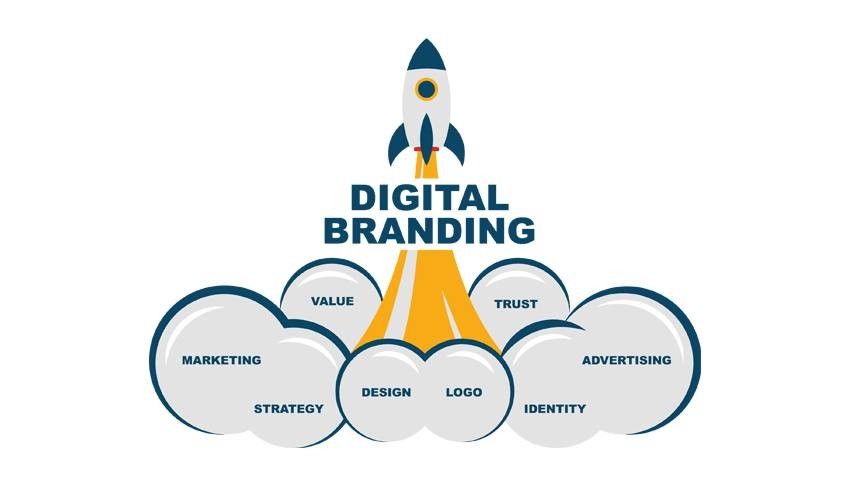As technology continues to advance at a rapid pace, the world of digital branding is evolving alongside it. In this article, we will explore the latest trends and predictions for the future of digital branding, and what businesses can expect in the coming years.
The Rise of AI in Branding
Artificial intelligence (AI) is already playing a significant role in digital branding, and this trend is only expected to grow in the future. AI-powered tools can analyze vast amounts of data to provide insights into consumer behavior, helping brands to create more targeted and personalized marketing campaigns. Chatbots powered by AI are also becoming increasingly common, providing instant customer support and engagement on websites and social media platforms.
Virtual and Augmented Reality Experiences
Virtual and augmented reality technologies are revolutionizing the way brands engage with consumers. These immersive experiences allow customers to interact with products and services in a whole new way, creating a deeper connection with the brand. As these technologies become more accessible and affordable, we can expect to see more brands incorporating virtual and augmented reality into their digital marketing strategies.
Personalization at Scale
Personalization has long been a key component of successful digital branding, but advances in technology are now making it possible to personalize marketing messages at scale. By utilizing data analytics and AI-powered tools, brands can create hyper-targeted campaigns that resonate with individual consumers on a one-to-one level. This level of personalization not only improves the customer experience but also drives higher engagement and conversions.
The Importance of User-Generated Content
User-generated content is becoming increasingly important in digital branding, as consumers place a higher value on authenticity and peer recommendations. Brands that encourage user-generated content, such as customer reviews, social media posts, and influencer partnerships, can build trust and credibility with their audience. In the future, we can expect to see more brands incorporating user-generated content into their branding strategies to create a more authentic and engaging brand experience.
Mobile-First Branding Strategies
With the majority of internet traffic now coming from mobile devices, brands must prioritize mobile-first branding strategies to reach their target audience. This includes optimizing websites and digital content for mobile devices, as well as creating mobile-specific marketing campaigns and experiences. As mobile continues to dominate the digital landscape, brands that fail to prioritize mobile-first strategies risk falling behind their competitors.
The Evolution of Influencer Marketing
Influencer marketing has become a popular strategy for brands looking to reach new audiences and increase brand awareness. However, as the market becomes saturated with influencers, brands must adapt their approach to stand out from the crowd. In the future, we can expect to see brands partnering with micro-influencers and nano-influencers, who have smaller but more engaged audiences, to create authentic and impactful brand collaborations.
Conclusion
The future of digital branding is exciting and full of opportunities for businesses to connect with their audience in new and innovative ways. By embracing technologies like AI, virtual and augmented reality, and prioritizing personalization and user-generated content, brands can create more meaningful and impactful brand experiences for their customers. As the digital landscape continues to evolve, it is essential for brands to stay ahead of the curve and adapt their strategies to meet the ever-changing needs and preferences of consumers.
